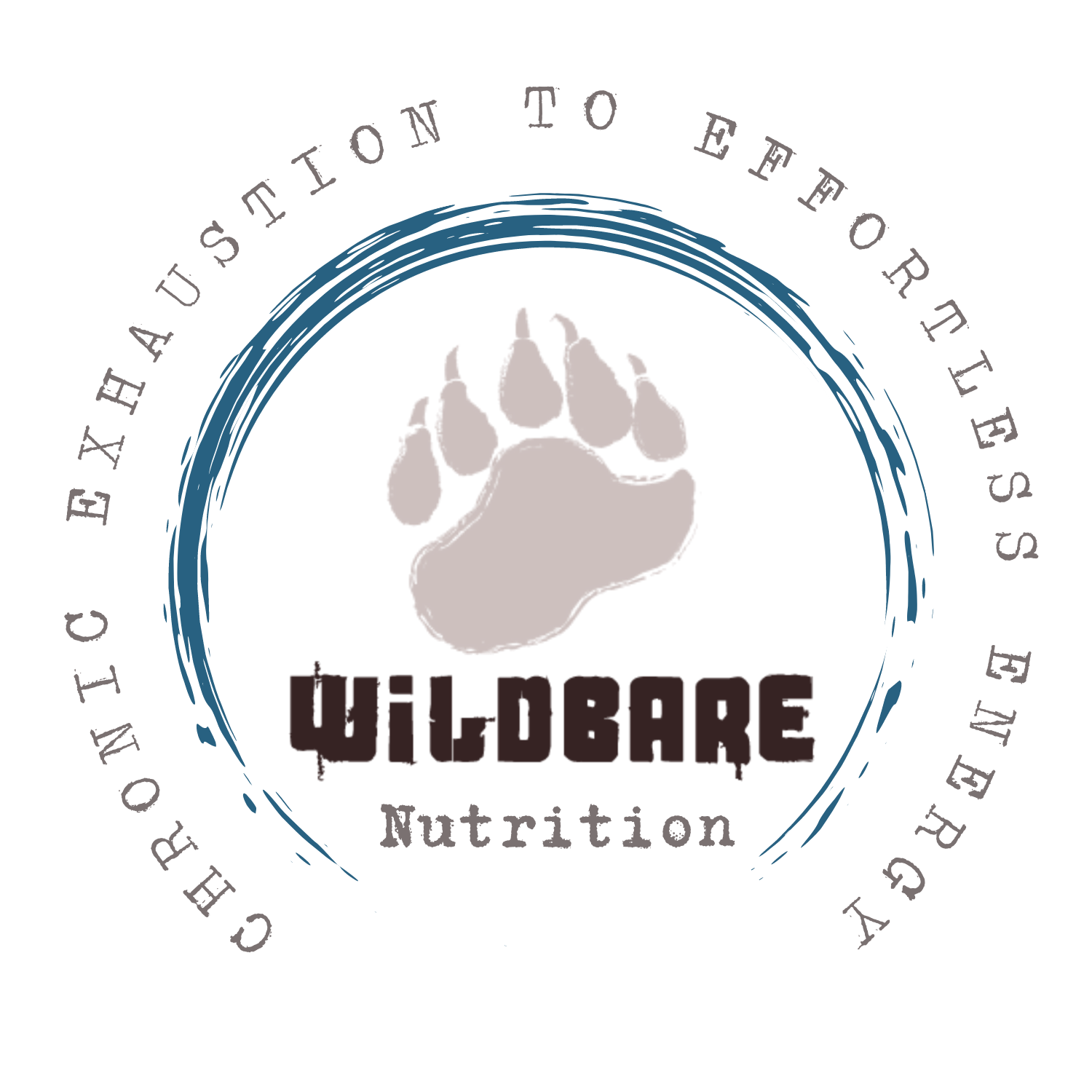Beetlejuice (just don't say this 3 times!)
/Beetlejuice (just don't try saying this 3 times!)
I best get this straight from the off, no beetles have been harmed in the making of this juice. It's just that my nutty fiancé keeps winding me up everytime I ask him if he wants a beetroot juice and does scenes from the film. You have to be there....well maybe not, anyway thanks to his obscure humour we now call this Beetlejuice.
It's no secret, I love my juices. I get cravings if I don't have one for a few days, I get a buzz when I do have them! I doesn't matter what's been juiced as long as there is more veg than fruit I'm a happy bird. Nutrition-wise there absolutely jam packed with nutrients, I find they are a great way to get loads of healing herbs and spices into you as well. I'm always sticking a little finger stick of turmeric root and a hunk of ginger into my juices, gives the flavour a kick and bumps up the phytonutrients.
This juice has a few super healing foods in them; beetroot which is known for its blood purifying and detoxing abilities, in addition to the mega dose of vitamins and minerals. Carrots are a fantastic source of Vitamin A which is great for your eyes and skin. Pomegranates have the best anti-oxidant properties of all fruits, they support your immune and cardiovascular system. You can buy processed pomegranate juice from the supermarkets, but who wants pasteurised (heat treated) juice that's been sat in the fridge for ages? Not me, I want the real stuff! I've talked about the health properties of ginger and turmeric in a previous blog, check it out here. Oranges help balance the earthy flavour of the beetroot and bump up the vitamin C levels too.
I tend to make my juice in batches, fill metal bottles right to the top (so there is no oxygen present) then pop them in the fridge. I know that it's best to drink juice fresh (within the first half hour) as the vitamins, enzymes etc decrease rapidly in contact with oxygen. I always drink a big glass straight away then store the rest. I still get my juice buzz from the stored ones (which is enough evidence for me that there is a decent proportion of nutrients left in there) I'm drinking juice everyday whilst juicing every 2-3 days which is about manageable with my manic lifestyle. I use this juicer.
Try to use organic if you can afford it; organic fruit and vegetables have higher levels of nutrients and much much lower amounts of pesticides etc. I get mine from Abel and Cole (click here to go to their site) They do a great Super Juicing box too!
I would strongly recommend watching Fat, Sick and Nearly Dead if you're not convinced on the health properties of juicing. It's on Netflix and you can also watch it on YouTube (the link is here).
Beetlejuice
This makes about 3 pints (one pint for drinking, 2 for the fridge)
Ingredients
- 10 medium sized carrots
- 4 small to medium beetroots
- Seeds of 1 whole pomegranate
- 7-10 mediumoranges
- Thumb sized hunk of garlic
- Little finger sized piece of turmeric
- Optional - coconut water
Method
Depending on what juicer you have prepare your fruit and veg. Some juicers juice the whole fruit. With my juicer (which you can get here) I chop it up smaller.
To prepare the pomegranate cut it in half, then turn the half inside out. This should pop many of the seeds out and the rest you can gently brush away from the bitter pith into a bowl.
Peel the oranges (you can't get away with leaving the peel on like you can with limes and lemons in juices) but don't worry I have a handy tip at the end for the orange peel.
Start feeding the juicer! With my juicer I sandwich the soft fruits with hard veg to keep everything moving.
I pour 400ml of coconut water into my juicer when I've finished juicing just to wash through any remaining goodness. This then gets added to the juice. It's also a good idea to add coconut water to a juice if you're still getting used to the flavour of juice.
Stir the juice and our into a glass. Seal any remaining juice in glass or metal bottles in the fridge (preferably with no air in the bottles)
NB I don't like to waste anything! The juicing pulp from this juice recipe makes a great cake, you can find the recipe here. I dehydrate my orange peels and pomegranate skins on a low heat on the dehydrator. If you don't have one of those you could use my mum's clever trick and stick them in an old pillow case over a radiator.
The dried orange peels are a valuable source or bioflavonoids, so I powder these in my blender and add them to ascorbic acid and capsule them to make vitamin C tablets. Bioflavonoids are always found naturally with vitamin C; they are anti-inflammatory, have anti-infection properties and are detoxifying.
The dried pomegranate peels have double the amount of antioxidants the fruit pulp has and are great to mix into a face mask due to high levels of ellagic acid or to make into capsules to improve heart health, reduce cholesterol (reduce the cholesterol oxidising which is really the issue....not the levels) and they're a great source of vitamin C. If all that wasn't enough reason to save the skins you can also add it to toot powders or tooth pastes as its great for preventing gum disease and improving dental hygiene.



